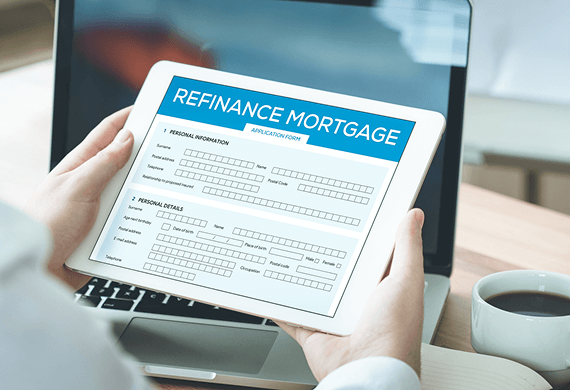What is Refinance?
The word refinance gets thrown around quite a bit. The problem for many is the confusion surrounding why. For the sake of providing clear and worthy information, the following is our cheat sheet for the subject of mortgage refinance.
re·fi·nance rēˈfīˌnans, rēfəˈnans
verb
To finance (something) again, typically with a new loan at a lower rate of interest











